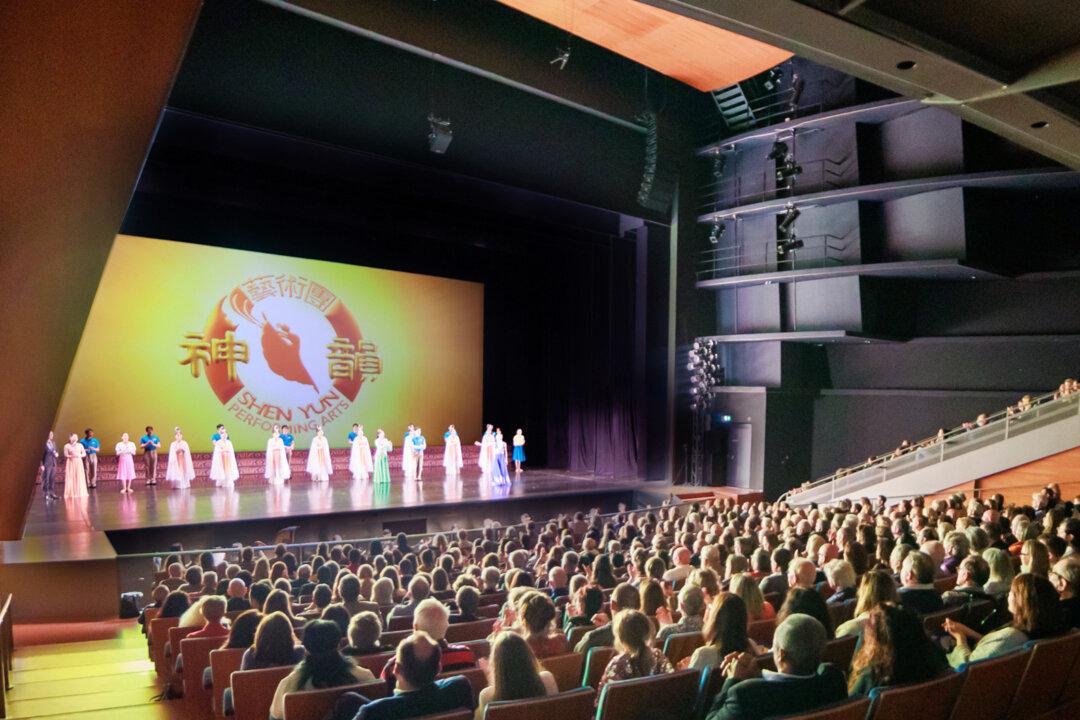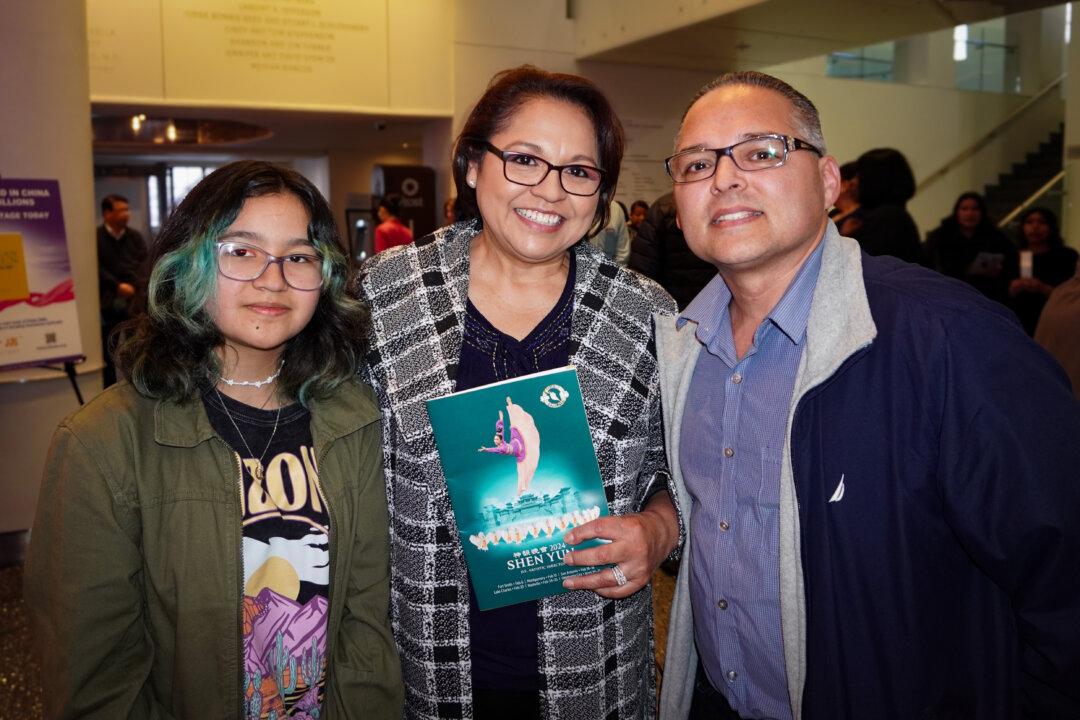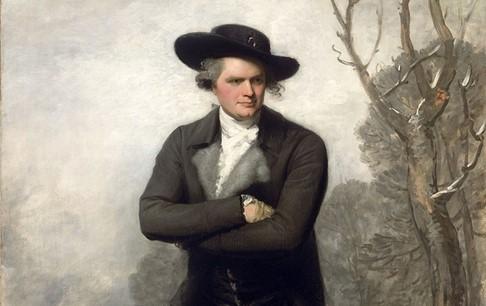MIDDLETOWN—The Orange County Legislature is breaking new ground in the way it manages county government. The county Legislature is participating in a pilot program, called the Collaborative Governing Project, that is expected to be implemented throughout New York state.
The county has contracted with the Orange County Dispute Resolution Center to run the Collaborative Governing Project through 2017. DRC Director Donna Ramlow oversees the program’s operation.
Ramlow and one of the original coaches in the program, Willa Freiband, explained how it works.
I think it's an incredible, incredible opportunity for Orange County and for governments in general.
, Collaborative Governing Project




